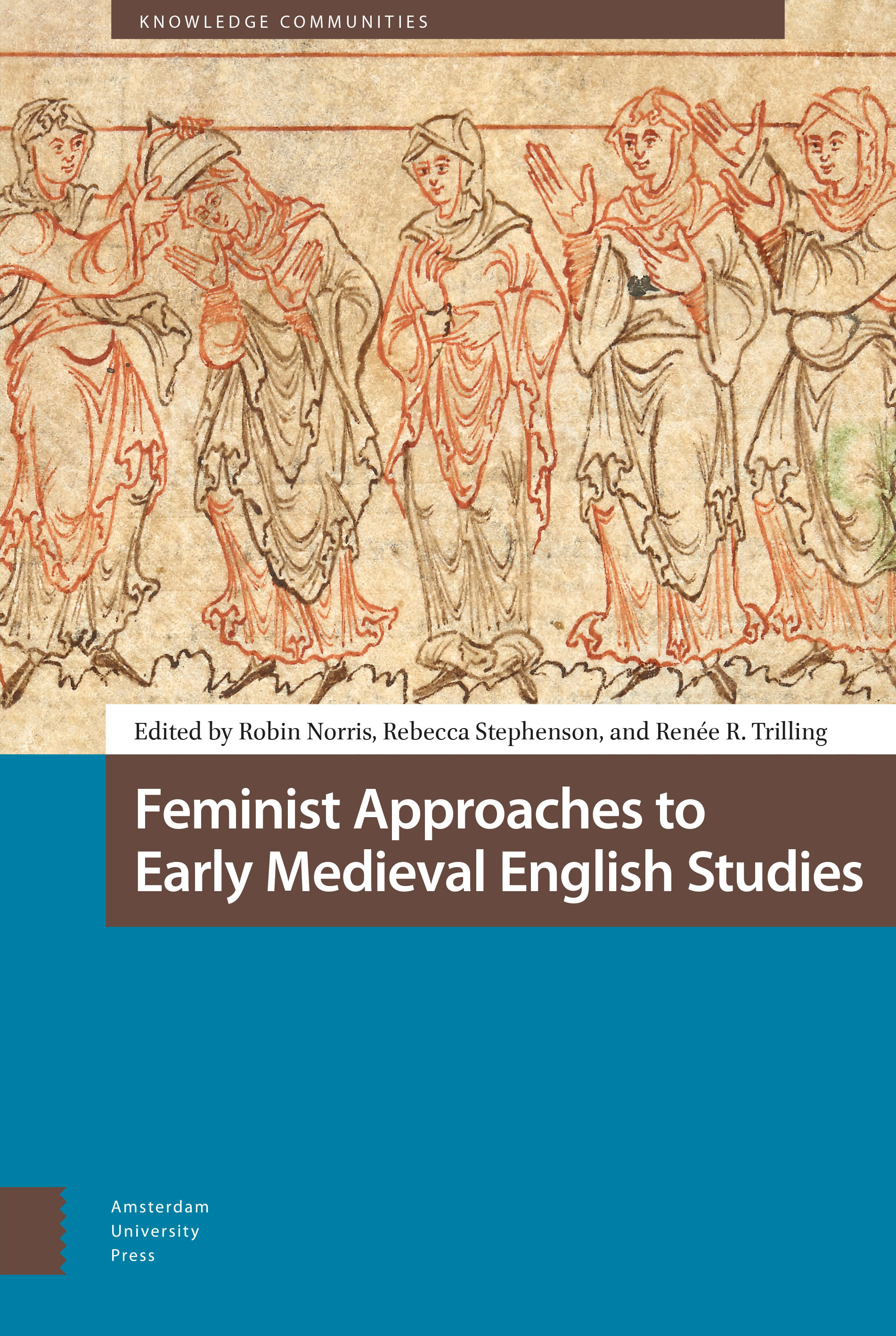4 - Be a Man, Beowulf: Sentimental Masculinity and the Gentleness ofKings
Published online by Cambridge University Press: 19 April 2023
Summary
Abstract
While early critics of Beowulf, almost exclusively male,projected their gender expectations onto the poem and found theirprotagonist “manly,” it was not until the mid-twentiethcentury that the gentleness ascribed to early medieval English kingsattracted close consideration. This essay makes a small contribution tothe feminist recovery of the diversity of ways to be male by examiningthe Old English discourse of gentleness, and rereading in the context ofa crisis of masculinity. Yet, while Old English didactic textsdistinguished between meekness and anger, duty and“slackness,” all such ideas about courage becameemphatically gendered only in their reception. It is clear, in otherwords, that though Beowulf was always male – criticism made him“a man.”
Keywords: Masculinity, Gender, Kingship, Historiography,Romanticism, War
Tolkien’s “Beowulf: The Monsters and theCritics” has been celebrated as the origin of modern criticism of thepoem, making a convincing case for its aesthetic unity and, furthermore,depicting the poet as “a brooding intellectual, poised between adying pagan world and a nascent Christian one.” Though it is lessoften the focus of contemplation than some of Tolkien’s otherobservations, this idea of the poet is a central aspect of Tolkien’swider view of the poem as a “tale of men dying.” The“brooding intellectual” and the courageous man of action areopposed masculine types and the interplay between them is evident in thehistory of Beowulf criticism. Considered againstcontemporary discourses of masculinity, Tolkien’s essay can beunderstood not so much as a point of origin for modern criticism but, toecho John Niles’s observation, as a “mid-life crisis”in the reception of the poem. It is the culmination of a tradition ofRomantic historiography that posits a specifically masculine historicalagency. Tolkien’s emphasis on mood and feeling in readingBeowulf, in particular, evokes Romanticism’s“sentimental masculinity” which, among other things, opposedthe “morbid antiquary” with the “vital man offeeling,” positing the latter as the ideal historical authority.While early critics of Beowulf, almost exclusively male,projected their own gender expectations onto the poem and thus found theirprotagonist “manly,” it was not until the mid-twentiethcentury that the gentleness ascribed to early medieval English kingsattracted close consideration.
- Type
- Chapter
- Information
- Feminist Approaches to Early Medieval English Studies , pp. 117 - 142Publisher: Amsterdam University PressPrint publication year: 2023
- 2
- Cited by

